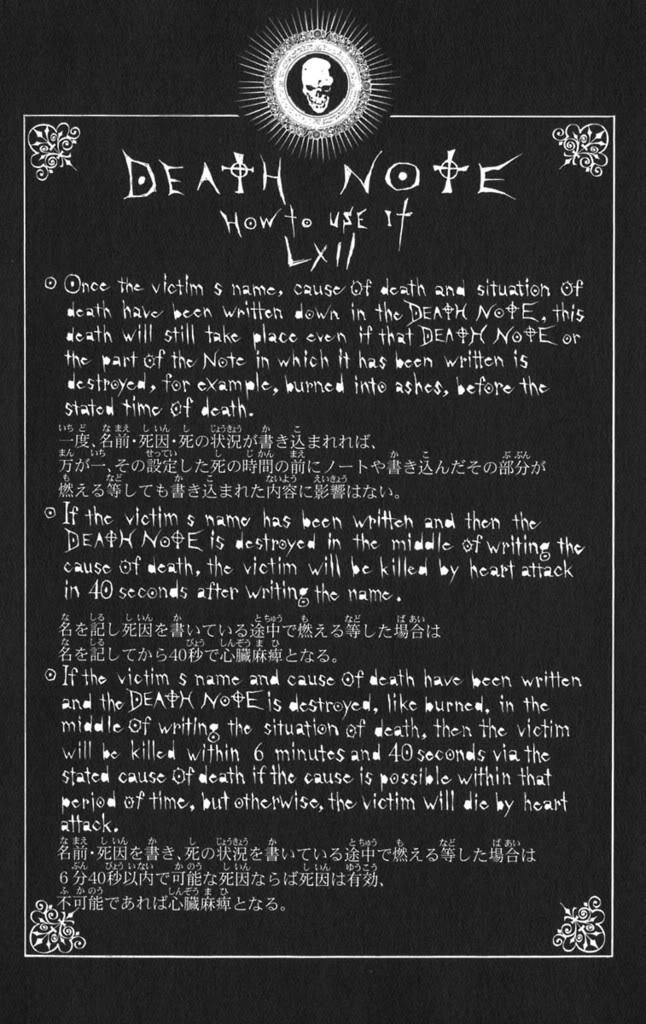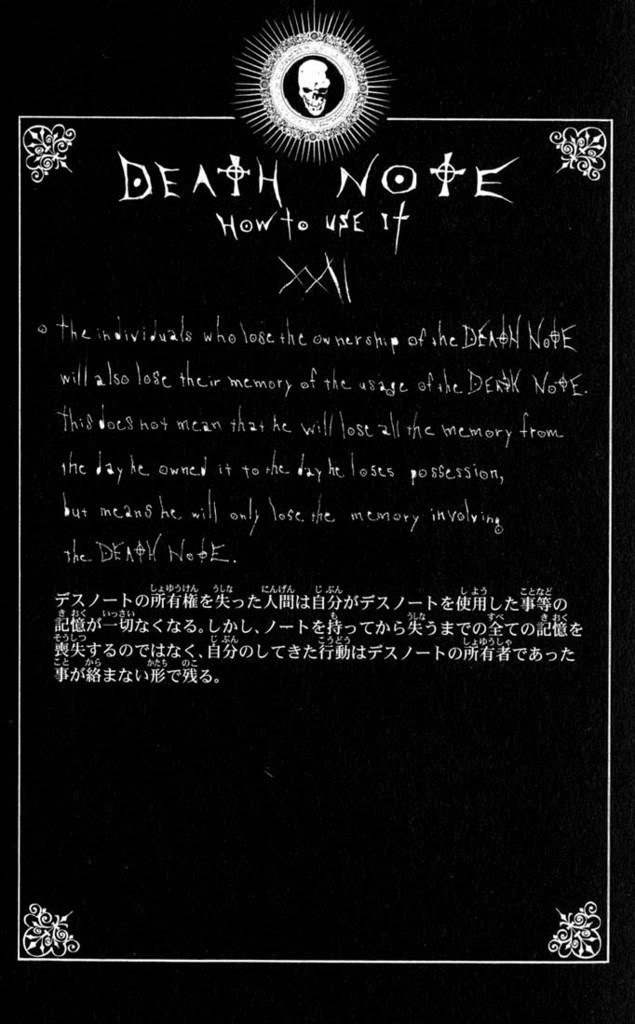
Well, that goes completely out the window when the power-hungry, psychopathic Mia covertly steals the notebook from Light and ends up writing his name down in the book. Ironically, these two completely mishandle the strict rules bound in the book and don't consider one of the most important rules in the Death Note: only the owner can write names in the notebook. Light and Mia create a made-up entity named Kira (meaning "killer" in English) to take the blame for the mass killings of criminals happening around the world. So why didn't the movie succeed? And what was up with that ending?

From Light reading the Death Note out loud in public to showing it to Mia the moment he talks to her, there are too many problems present from the very beginning.

In an adaptation that strays quite far from the manga, there are many inconsistencies and changes that didn't work at all. The film follows Light as he discovers a mysterious notebook that falls out of the sky titled "Death Note," a book that possesses supernatural powers in that any name that the owner of the book writes down while imagining the person's face in their head, dies in whatever way that they wish. Set in Seattle, "Death Note" stars Nat Wolff as teenage loner Light Turner and Margaret Qualley as the popular cheerleader, Mia Sutton, who desires full control over the notebook, and with whom Light forms a strange (and rather quick) bond. "Death Note" was also turned into a more successful 2006 anime series that was extremely faithful to its source material, unlike the dreadful fate of the overtly Americanized film version that Wingard helmed. The original property was based on the Japanese manga series written by Tsugumi Ohba with illustrations by Takeshi Obata. Directed by Adam Wingard, Netflix's 2017 movie "Death Note" caused quite a negative stir when it was first released.


 0 kommentar(er)
0 kommentar(er)
